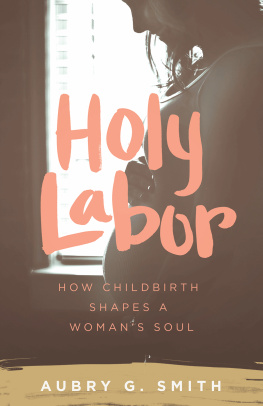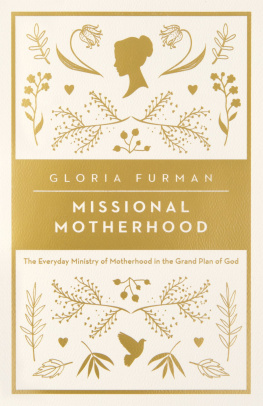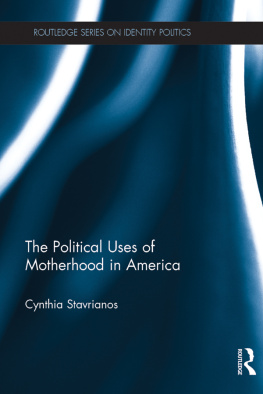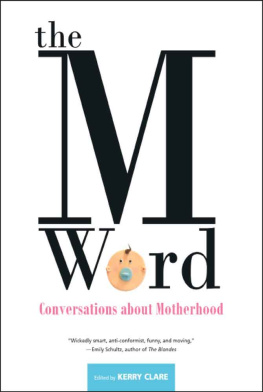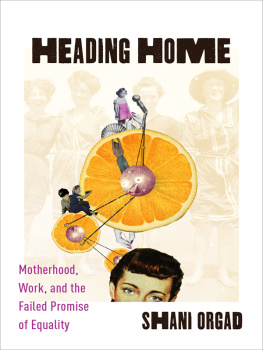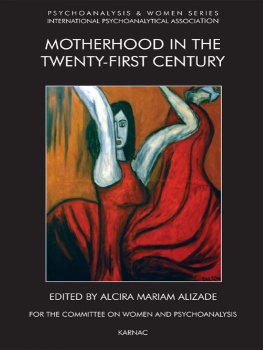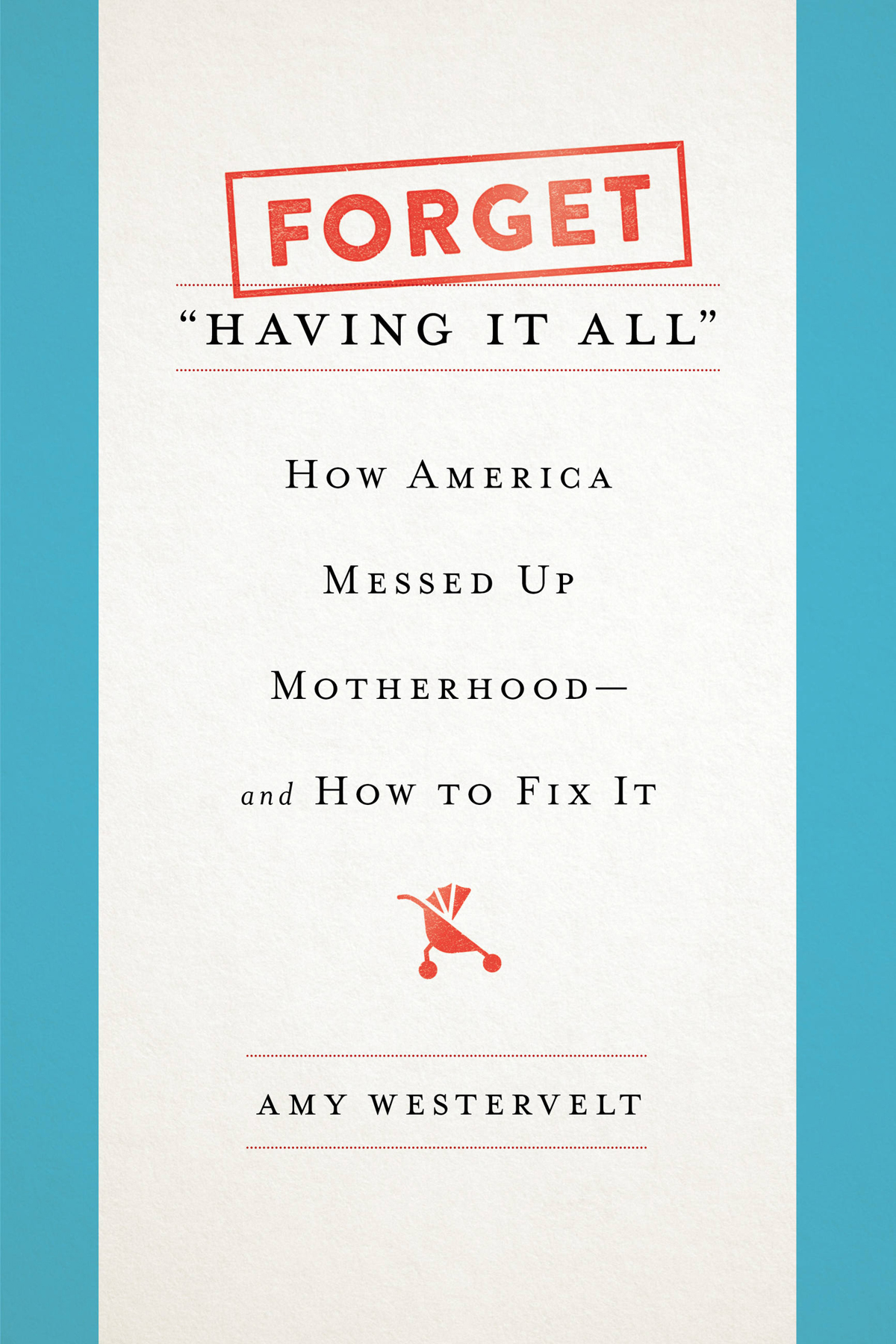Amy Westervelt - Forget Having It All: How America Messed Up Motherhood--and How to Fix It
Here you can read online Amy Westervelt - Forget Having It All: How America Messed Up Motherhood--and How to Fix It full text of the book (entire story) in english for free. Download pdf and epub, get meaning, cover and reviews about this ebook. year: 2018, publisher: Seal Press, genre: Home and family. Description of the work, (preface) as well as reviews are available. Best literature library LitArk.com created for fans of good reading and offers a wide selection of genres:
Romance novel
Science fiction
Adventure
Detective
Science
History
Home and family
Prose
Art
Politics
Computer
Non-fiction
Religion
Business
Children
Humor
Choose a favorite category and find really read worthwhile books. Enjoy immersion in the world of imagination, feel the emotions of the characters or learn something new for yourself, make an fascinating discovery.

- Book:Forget Having It All: How America Messed Up Motherhood--and How to Fix It
- Author:
- Publisher:Seal Press
- Genre:
- Year:2018
- Rating:3 / 5
- Favourites:Add to favourites
- Your mark:
Forget Having It All: How America Messed Up Motherhood--and How to Fix It: summary, description and annotation
We offer to read an annotation, description, summary or preface (depends on what the author of the book "Forget Having It All: How America Messed Up Motherhood--and How to Fix It" wrote himself). If you haven't found the necessary information about the book — write in the comments, we will try to find it.
After filing a story only two hours after giving birth, and then getting straight back to full-time work the next morning, journalist Amy Westervelt had a revelation: America might claim to revere motherhood, but it treats women who have children like crap. From inadequate maternity leave to gender-based double standards, emotional labor to the motherhood penalty wage gap, racist devaluing of some mothers and overvaluing of others, and our tendency to consider womens value only in terms of their reproductive capacity, Westervelt became determined to understand how we got here and how the promise of having it all ever even became a thing when it was so far from reality for American women.
InForget Having It All,Westervelt traces the roots of our modern expectations of mothers and motherhood back to extremist ideas held by the first Puritans who attempted to colonize America and examines how those ideals shifted--or didnt--through every generation since. Using this historical backdrop, Westervelt draws out what we should replicate from our past (bringing back home economics, for example, this time with an emphasis on gender-balanced labor in the home), and what we must begin anew as we overhaul American motherhood (including taking a more intersectional view of motherhood, thinking deeply about the ways in which capitalism influences our views on reproduction, and incorporating working fathers into discussions about work-life balance).
In looking for inspiration elsewhere in the world, Westervelt turned not to Scandinavia, where every work-life balance story inevitably ends up, but to Japan where politicians, in an increasingly desperate effort to increase the countrys birth rates (sound familiar?), tried to apply Scandinavian-style policies atop a capitalist democracy not unlike Americas, only to find that policy cant do much in the absence of cultural shift. Ultimately, Westervelt presents a measured, historically rooted and research-backed call for workplace policies, cultural norms, and personal attitudes about motherhood that will radically improve the lives of not just working moms but all Americans.
Amy Westervelt: author's other books
Who wrote Forget Having It All: How America Messed Up Motherhood--and How to Fix It? Find out the surname, the name of the author of the book and a list of all author's works by series.

